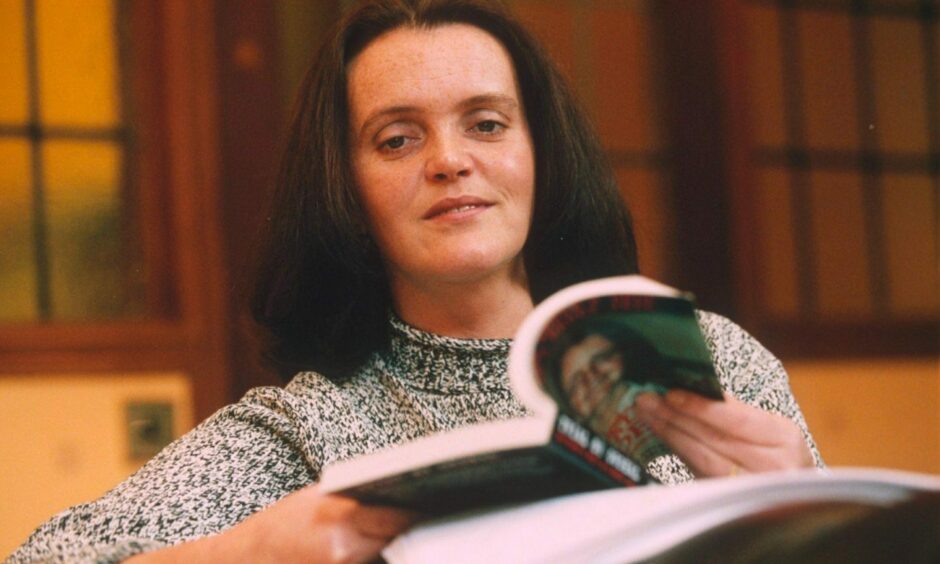
Dundee nurse Lucille McLauchlan was saved from a public flogging when Tony Blair pleaded for clemency during a state visit to Saudi Arabia.
McLauchlan — 32 at the time — escaped eight years’ imprisonment and 500 lashes and returned home to the UK in May 1998 after eventually being granted a royal pardon.
McLauchlan and Birmingham nurse Deborah Parry were charged with the murder of 55-year-old Australian national Yvonne Gilford, who worked with them at the King Fahd military medical complex in Dhahran, after her body was found at the complex on December 11 1996.
Gilford, four days shy of her 56th birthday, had been stabbed 13 times, hit with a hammer and suffocated.
Saudi police arrested them in a shopping mall and said that McLauchlan had been caught making withdrawals from an ATM with Gilford’s bank card.
What happened made international headlines.
McLauchlan’s family began planning her legal representation in Saudi Arabia before a short press conference took place in Dundee.
Lucille McLauchlan ‘not capable of hurting anyone’
The nurse’s parents showed the strain — Ann McLauchlan and her husband Stan looked distraught as McLauchlan’s 28-year-old brother John read out a statement.
“As you can imagine, the last few days have been absolute hell for my family,” he said.
“We have spoken to Lucy very briefly on the phone and she has assured us of her innocence.
“Having a daughter held in a foreign prison is every family’s nightmare, and media speculation about the possible outcome has made this a very harrowing experience for my family.
“Lucy lived for nursing and has spent all her working life caring for others. Anyone who knows Lucy knows she is not capable of hurting anyone.
“She is a dedicated nurse and we are very proud of the awards she has received during her career. All we want is to get Lucy back home.”
The two nurses, wearing chains, appeared for the start of the murder trial at the Supreme Court in Al Khobar on May 19 1997.
Saudi legal history was made during the trial as defence lawyers were allowed into the courtroom for the first time.
Before any evidence was considered, the Gilford family lawyers asked the three judges to impose the death penalty.
Initially, the two nurses made written confessions stating a fight had broken out when Gilford tried to end a lesbian relationship with Parry.
According to a leaked account, “one of the women hit (Yvonne Gilford) with a teapot. Gilford fell, then took out a kitchen knife to defend herself. She was relieved of it and stabbed in the face, back and chest. Her screams were stifled with a pillow.
“Parry and McLauchlan then allegedly removed all traces of the quarrel, rearranging furniture and wiping away any fingerprints.”
During the trial, the two women claimed their confessions — which were subsequently retracted — were made under threat of rape from Saudi interrogators.
In September 1997 the international law firm acting for the family of Yvonne Gilford released a statement claiming that guilty verdicts had been issued against Parry and McLauchlan.
“Defendant Deborah Parry has been found guilty of intentional murder punishable by death and defendant Lucille McLauchlan has been found guilty of related offences and sentenced to flogging and eight years in prison,” it said.
The law firm said McLauchlan was found guilty of being an accessory to the murder.
Appeal lodged by McLauchlan and Deborah Parry after killing of Yvonne Gilford
Parry faced public beheading but escaped the death penalty after the dead woman’s family agreed to accept a “blood money” payment of £750,000 under Islamic law.
Most of the “compensation package” — which was paid by British businesses that trade with Saudi Arabia — would go to the Adelaide Women’s and Children’s Hospital for the construction of a surgery ward to be named after Yvonne Gilford.
McLauchlan’s mother Ann said: “We’re delighted the threat of the death penalty over Debbie has been removed.
“Now we’re just waiting for the Saudis to move the case on to the appeal court.
“We’re especially happy the money is to go to a charity, as the girls did find it very difficult to appreciate the thought that it might go to the family as compensation, when they are not guilty of anything.”
Foreign Secretary Robin Cook suggested the British Government would press on with its efforts to persuade the Saudis not to inflict 500 lashes on McLauchlan.
He said: “I did say our objective would be to try to achieve an outcome in which neither nurse was beheaded, and neither was flogged in public. We are halfway there and we will be looking at how we can achieve both those objectives.”
She got married in Damman
McLauchlan’s parents always stood by her and believed totally in her innocence.
So did her then-fiancé, Grant Ferrie.
The Saudi authorities allowed them to marry in November 1997, after McLauchlan was sentenced, and they were wed by a Saudi judge in a courthouse in Damman.
No real advances were made in the case.
Saudi authorities gave permission for McLauchlan to exchange presents and cards with her family during three Christmas visits which started on December 23 1997.
Hopes for an early release of the two were boosted in April 1998 by Prime Minister Tony Blair’s visit to Saudi Arabia, during which he raised the issue of the nurses’ plight.
“What the Crown Prince indicated to me was that the families themselves had petitioned the king for mercy and they say they would give that very serious consideration,” said Blair.
“I don’t think it’s particularly helpful to say more at this stage but I’m sure they will and they indicated that to me very clearly.”
However, in a humanitarian gesture by King Fahd, the Saudi embassy in London announced the two nurses would be freed with a royal pardon after 17 months in jail.
The announcement of a pardon was welcomed by Downing Street and came just a few days before England’s football team were due to meet Saudi Arabia in a friendly match.
McLauchlan landed at Gatwick and was flown by helicopter to a hotel hideaway in Surrey after selling her story to a tabloid newspaper for around £100,000.
The nurse’s Dundee solicitor, William Boyle, said they were fully justified in striking an exclusive deal to compensate them for costs incurred throughout their ordeal.
He said: “She’s no different from people who have been wrongly imprisoned and who have published books about it. People should have more sympathy and understanding.
“Lucille is not like some terrible murderess who is profiting from her crimes.
“When the people read her diary and her story they will know why she is so vehement about her innocence.”
She returned home to Dundee in June 1998 after insisting that she had been fitted up and immediately appealed to the people of the city to “let me lead a normal life”.
She said: “I can live with myself and I’ll leave the rest of the world to do the same.
“I just hope they then let me get on with my life.
“I have had worries about what other people will think, and I desperately would like them to believe I didn’t do it, but, at the end of the day, I have to be realistic and know that people will think what they think and there’s not much I can do about that.
“I think most people don’t know whether to believe me or the other side of the story and there’s not much more I can do to change that.
“Deep down inside, I know I didn’t do it and so do my family and close friends.”
Things started to fall apart
McLauchlan had kept a diary of her time in prison and turned it into a book but had to endure more unwanted headlines when she made a fresh return to the courtroom.
It emerged that McLauchlan had faced criminal charges in Dundee after being sacked from King’s Cross Hospital in May 1996 for defrauding a dying 79-year-old patient.
Just months later, and before the case was due to be heard at Dundee Sheriff Court, McLauchlan had left the country after getting her doomed job in Saudi Arabia.
She was eventually sentenced to 240 hours’ community service in January 1999, after being found guilty at Dundee Sheriff Court of stealing a bank card from the pensioner and obtaining £300 from her bank account.
She was also convicted of forging references for her Saudi job.
As a result of the conviction, she was struck off the nursing register.
Her career was over and things started to fall apart.
She was bitter that Parry — who had always maintained her innocence — never seemed to suffer the same notoriety and continued to work as a nurse in the UK.
McLauchlan’s marriage did not last and the couple separated in 2005.
In 2008, the former nurse was declared bankrupt at Dundee Sheriff Court.
Things seemed to go from bad to worse.
She was convicted of fraudulently using another person’s credit and debit cards to order and obtain electrical goods — including two TVs and a netbook computer — over the internet in 2010.
Solicitor John Boyle — now representing the former nurse — said McLauchlan had become a changed woman since her experiences in the Middle East.
He said: “She will not talk about her experiences in detail, but she is honest enough to admit that whatever happened there changed her.
“In a way, she welcomes these proceedings as an opportunity to change herself back into the person she was before.
“She still has significant issues which she requires to address.”
Lucille McLauchlan died at 48
She was placed on probation for two years in February 2011.
Later that year she was fined £65 at Dundee’s Justice of the Peace Court after stealing a digital radio from Asda’s Milton of Craigie store on November 10.
She racked up her third conviction in little over a year when she admitting stealing a tub of face cream from a Boots store in Broughty Ferry on November 24 2011.
But she was admonished in October 2012 when Dundee Sheriff Court heard how she had started to turn her life around after landing a job as a part-time cleaner.
Then tragedy struck.
She latterly lived quietly with her son and daughter in Broughty Ferry before she collapsed and died in 2014 following a massive and catastrophic brain haemorrhage.
She was 48.
A troubled life blighted by crime brought no happy ending.
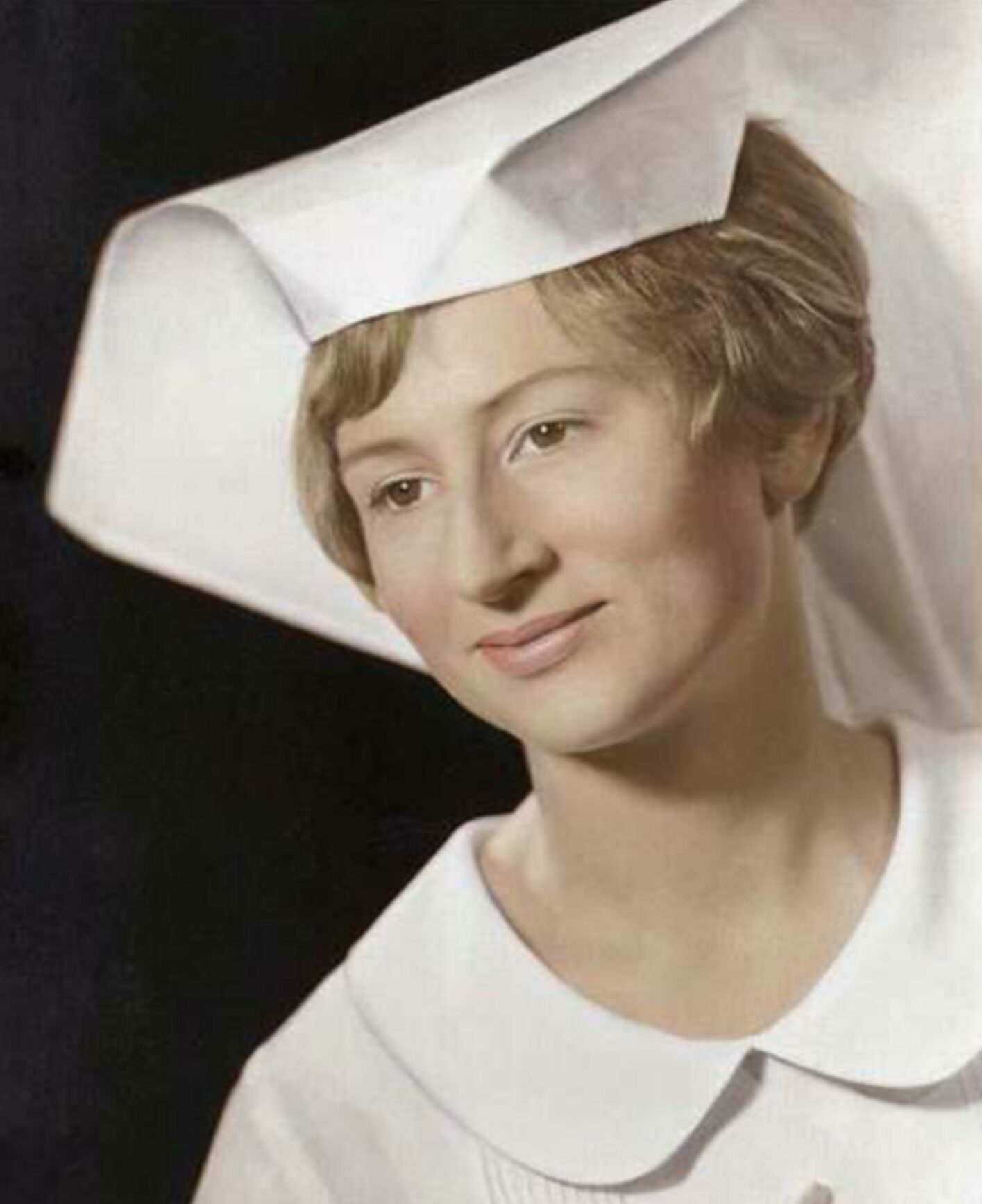
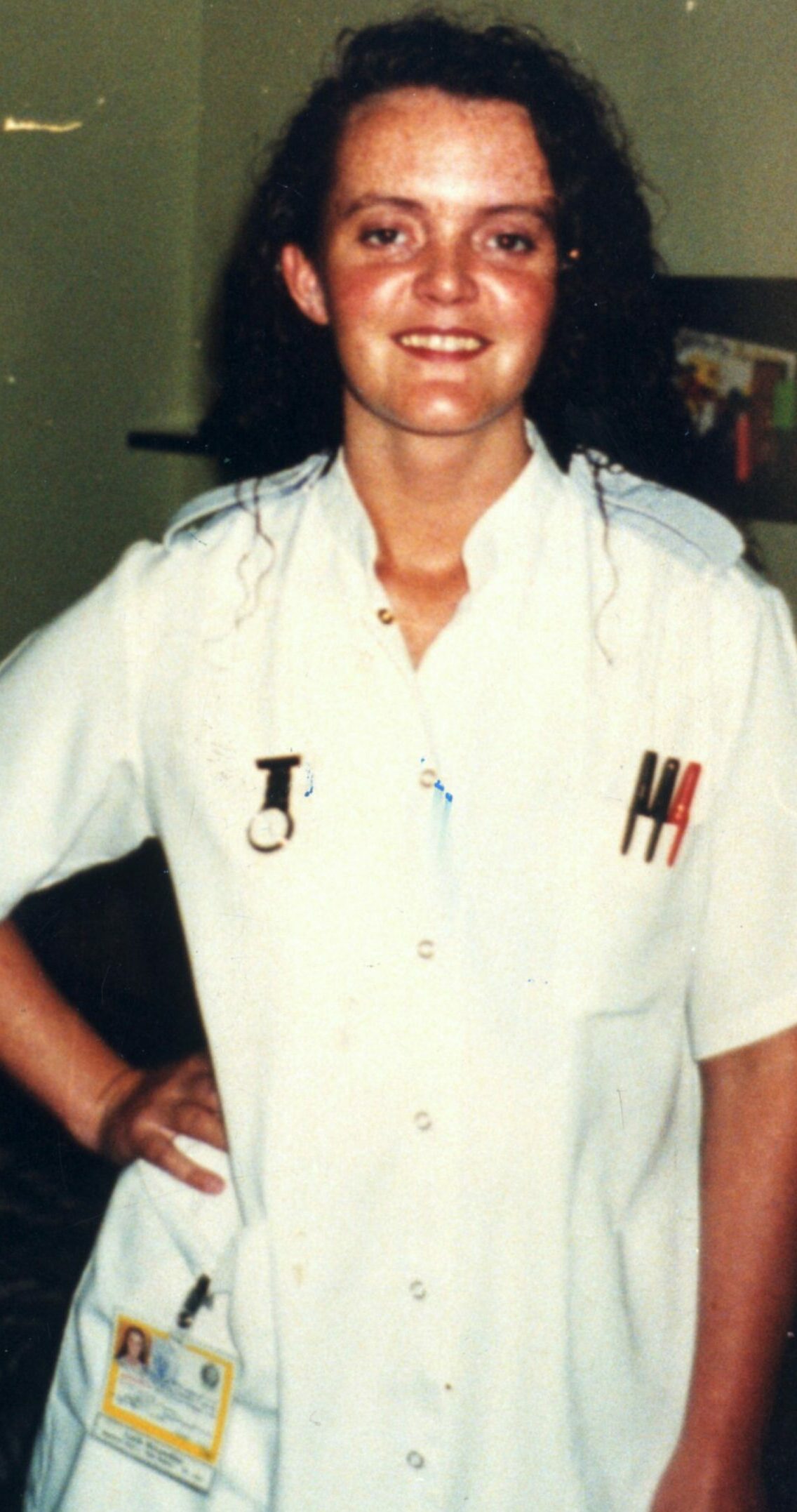
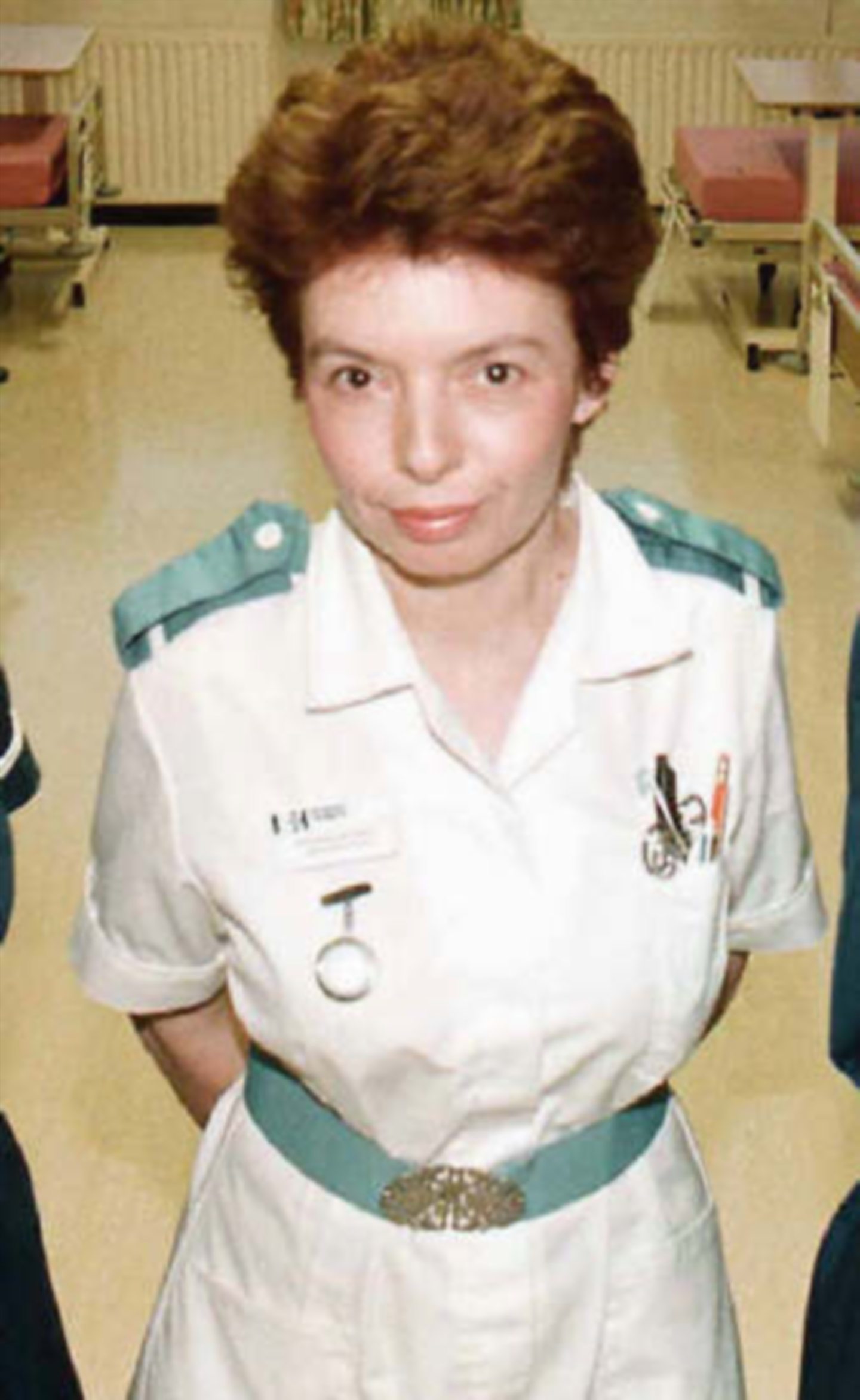
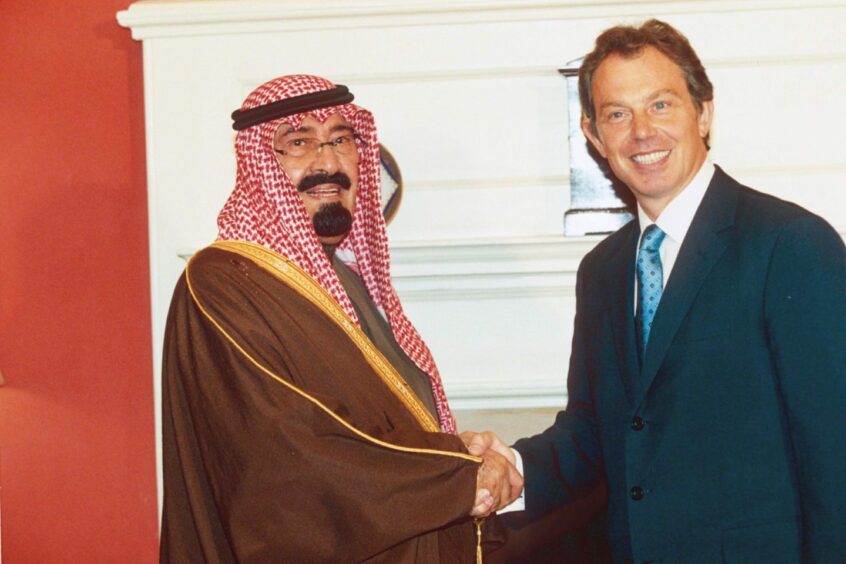
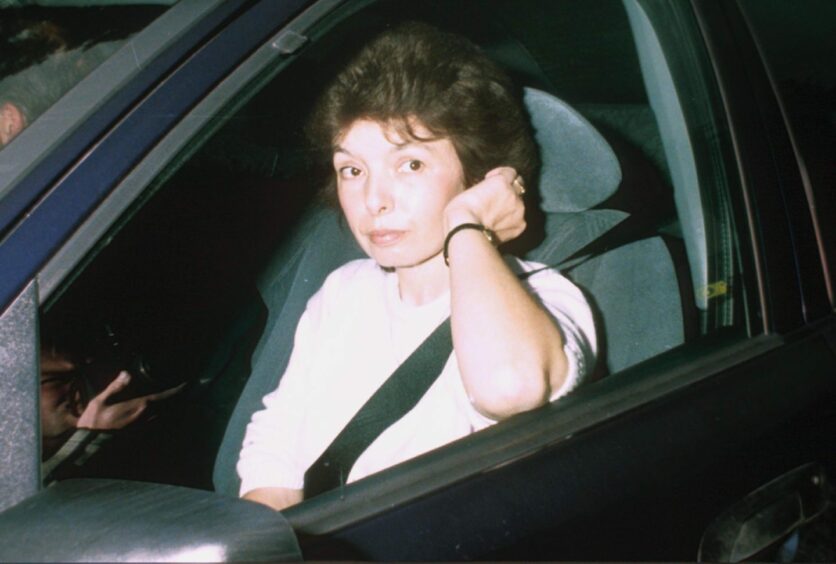
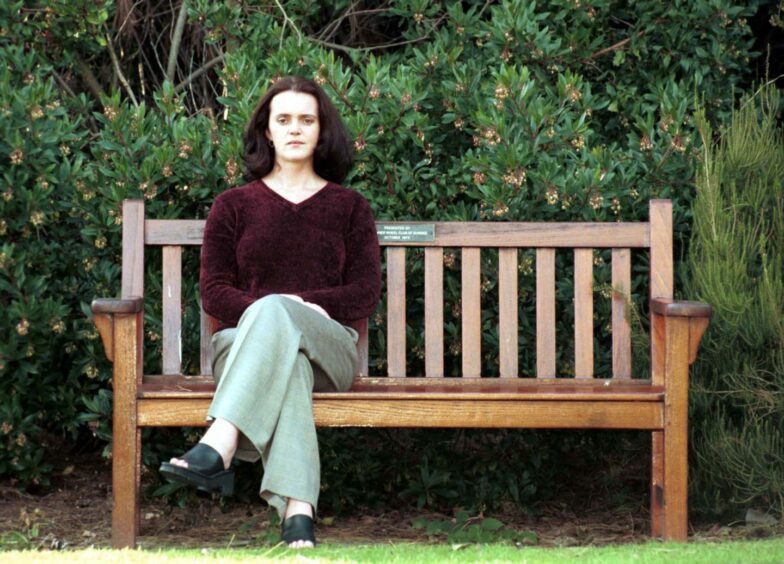
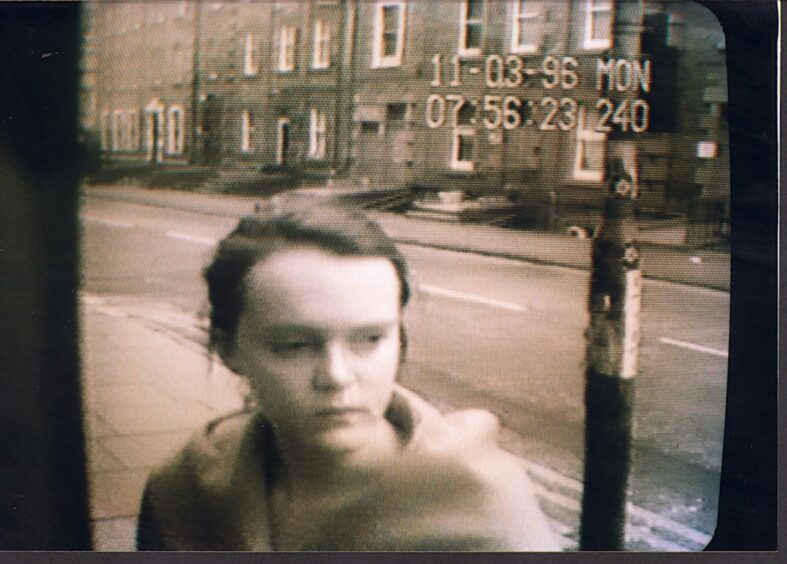
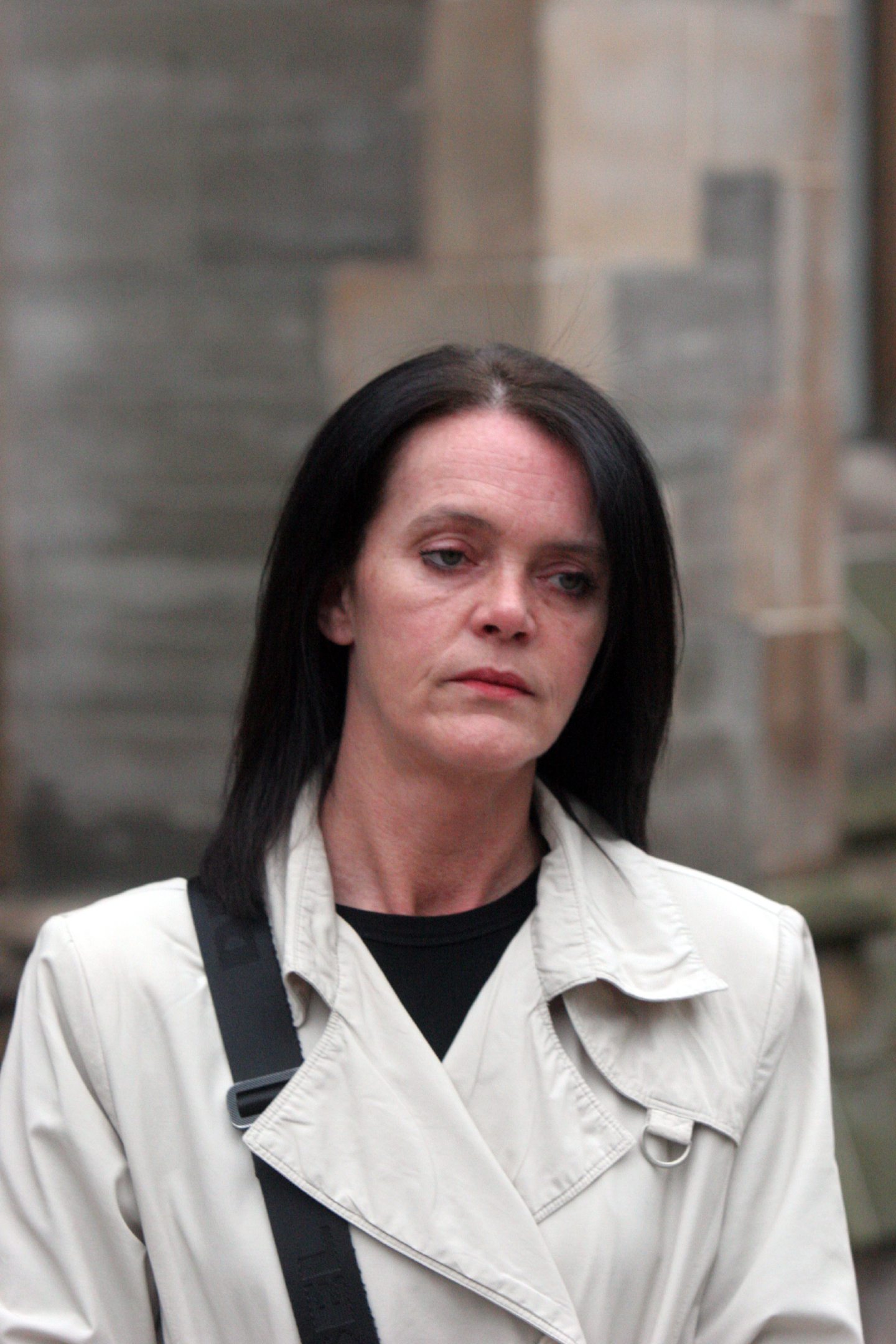
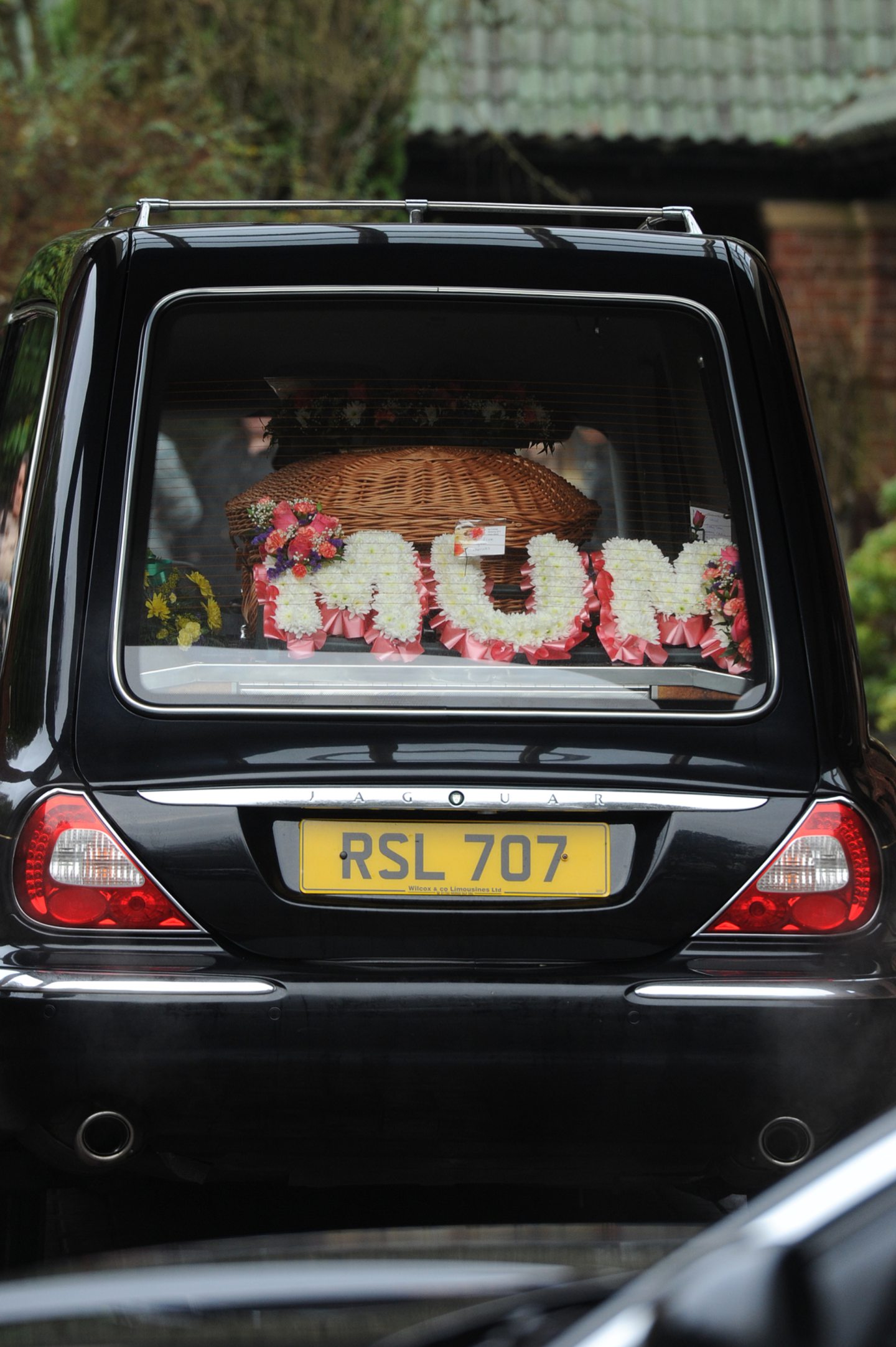

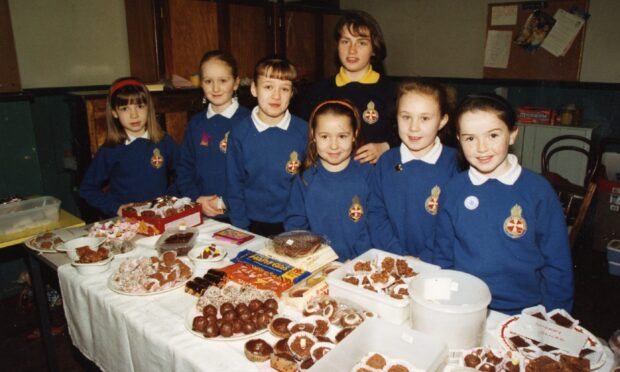





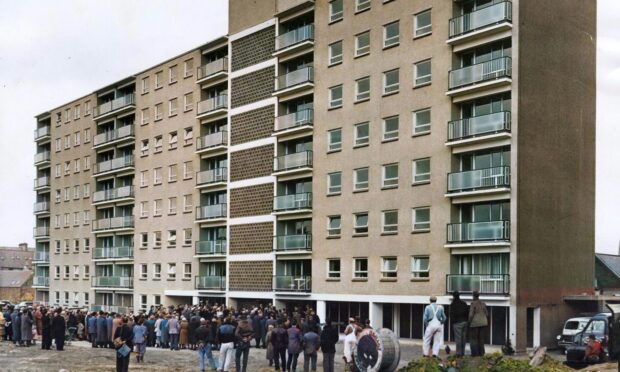

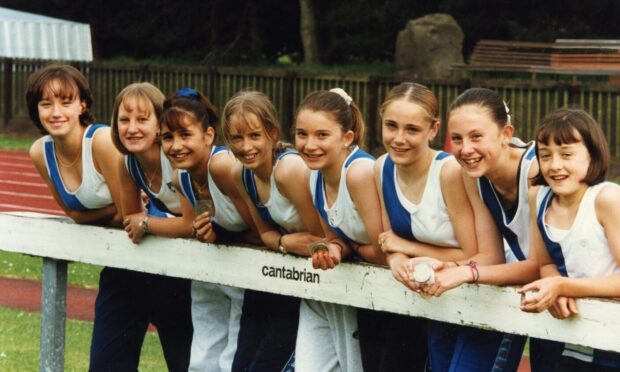
Conversation